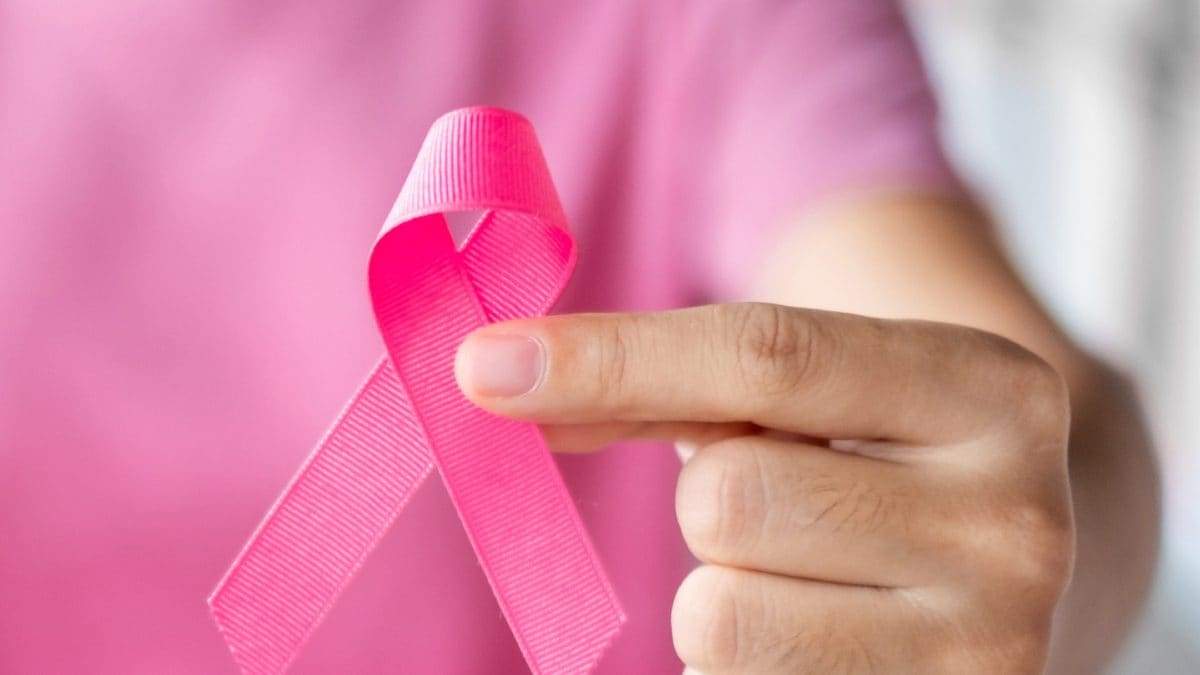
Breast cancer is commonly thought of as a concern for older women, but preventive measures can be taken as early as one’s twenties. Making healthy lifestyle choices and understanding the importance of early detection can significantly lower the risk of developing breast cancer later in life.
Maintaining a healthy weight is crucial for prevention. Research indicates that excessive body fat, especially post-menopause, increases breast cancer risk. A balanced diet comprising fruits, vegetables, whole grains, and lean proteins not only meets nutritional needs but also contains cancer-fighting vitamins and minerals. Reducing processed foods and sugary treats aids in weight management and mitigates disease risks.
Regular physical activity, achieving at least 150 minutes of moderate or 75 minutes of vigorous aerobic exercise weekly, is vital. Activities like walking, running, and swimming enhance both physical and mental well-being, reducing stress levels that could negatively impact health.
Alcohol consumption is another significant risk factor; moderation is essential, ideally limiting to one drink per day. Smoking should also be avoided due to its links to various cancers.
Performing regular self-exams and getting routine screenings, particularly from age 40, lays the foundation for early detection. Women with a family history of breast cancer should discuss earlier screening options with their doctors.
Finally, educating oneself about breast cancer and its risk factors through workshops and community programs fosters awareness, enabling timely action if necessary.



